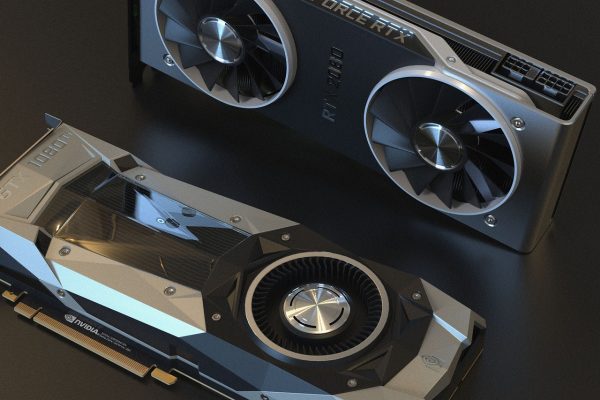Incubators are vital equipment for labs working with microorganisms, cells, and tissue samples. These instruments help create the ideal environment for growth in areas like zoology, pharmaceutical research, food science, and more.
The cooling system in incubators uses Peltier technology to generate energy without chemical refrigerants or harmful gases. This makes them more environmentally friendly and energy efficient.
Temperature Control
Many experiments and studies require the precise control of numerous variables, including temperature. If these variables are not controlled properly, the entire analysis or investigation could be in jeopardy. Professional incubators provide multiple features to prevent errors and ensure accurate results.
Moreover, a cooled or chilled incubator has a wide temperature range, allowing for various experimental conditions. They are also designed to maintain a consistent temperature throughout the chamber, crucial for culturing cells, microorganisms, and plants.
Several models use natural convection or forced air circulation to distribute heat evenly. This feature reduces the risk of moisture condensation in the sample compartment. Most models also have a built-in system to monitor the internal temperature and humidity. In addition, they are equipped with a digital LCD screen for easy monitoring and reading. They also have simple, intuitive operations and programmable settings to save time and energy. Previously, incubators relied on a thermistor to measure the internal temperature and would engage heaters as the temperature dropped, resulting in poor temperature control. They developed a new control method using an ultrasonic sensor that measures the temperature and TOF of the PCM to respond quickly to the PCM’s physical state, improving temperature control.
Humidity Control
Many test and experimentation protocols require distinct and precise environmental conditions at specific times. This is especially true in the case of plant germination and the culture of biological samples, where precise temperature control is critical to achieve the desired results.
Lab incubators use natural convection or forced air to distribute heat and can be designed for various sizes of laboratory spaces. Smaller benchtop models are great for space-limited labs, while high-capacity reach-in incubators can accommodate large volumes of samples in one chamber.
Air-jacketed lab incubators depend on thermal insulation to maintain a constant temperature. Still, their design is limited because they rely on the physical law that hot air rises and cold air falls. In contrast, cooled incubators have a PCM (phase change material) inside the sample compartment that absorbs heat energy from the ambient air to keep it at a steady temperature. This enables the incubator to quickly return to a new set point after door openings and provide stable temperature performance during power outages.
Vibration Protection
In addition, refrigerator incubator provides a controlled cell or tissue growth environment in hospitals or laboratories. Samples can be kept for hours, weeks, or even months in incubators containing several parameters, including temperature, humidity, and carbon dioxide levels.
A compressor or thermoelectric device may power the cooling system in incubators. Compressor-based units can reach a lower maximum temperature than thermoelectric models but use more energy. Thermoelectric coolers are a greener alternative to compressor-based cooling, as they use less energy and do not require refrigerants.
Some incubators feature a lock that restricts access to the unit. This is an extra layer of security and helps protect samples from tampering or contamination. Many professional incubators also have a fully automatic 180C hot-air disinfection system that reduces the unit’s risk of infection and microbial growth. In addition, some models are equipped with a self-draining interior that drains water away from the team during cleaning and disinfection cycles.
Data Logging
Laboratory incubators create precisely controlled temperature conditions for various sample types, including microbiology, pharmacology, food science, and cell culture. Powered by Peltier technology and free of harmful chemical refrigerants, incubators operate at a lower energy consumption rate than other lab equipment. They also feature digital displays for easy reading and glass door models to monitor contents constantly.
Incubators with built-in data loggers allow lab personnel to track and record temperature conditions easily. However, this technology must provide real-time updates and critical threshold alerts essential for high-quality results and compliance.





